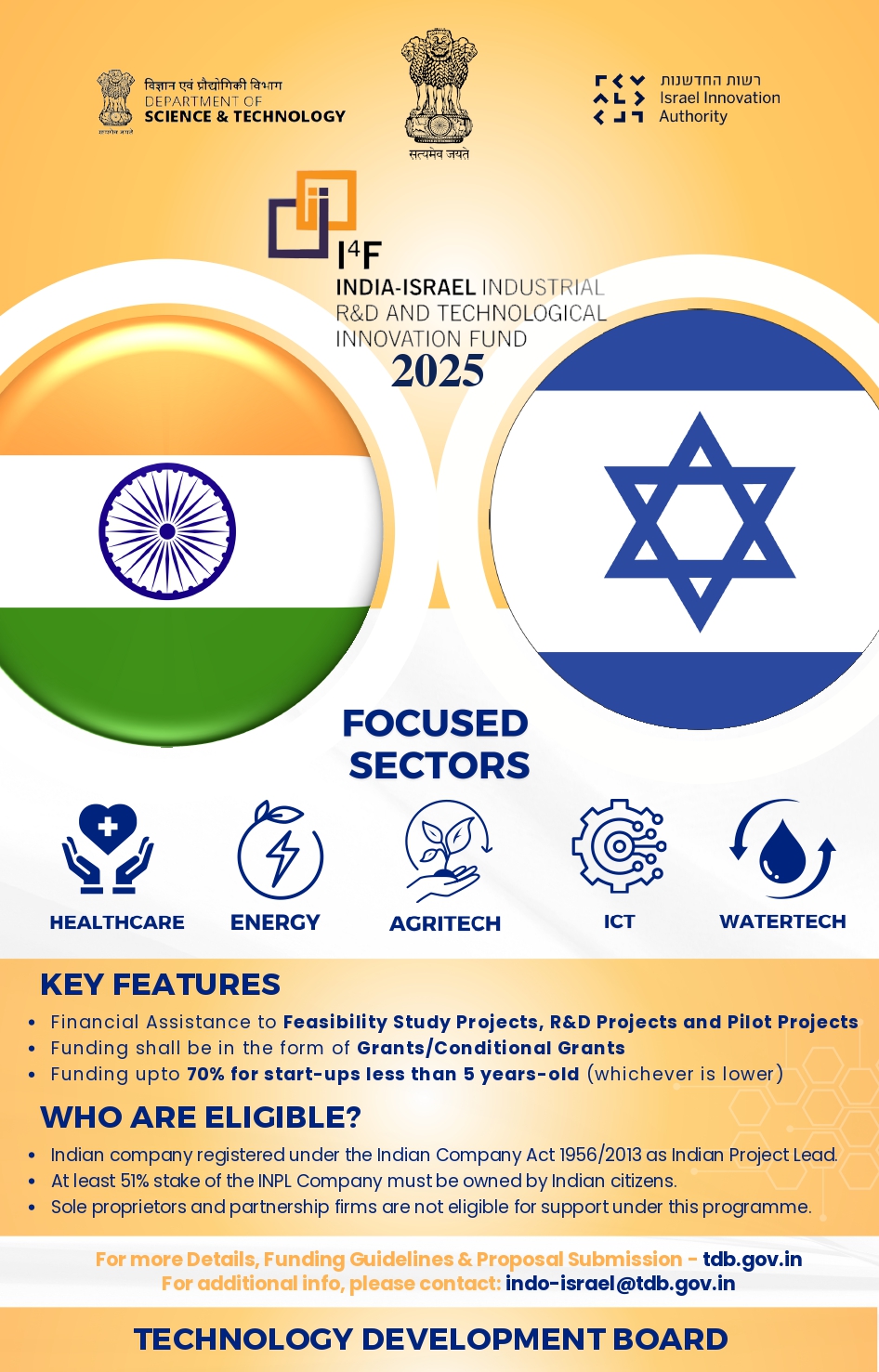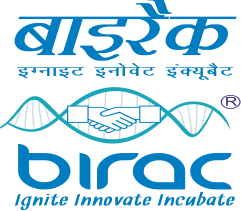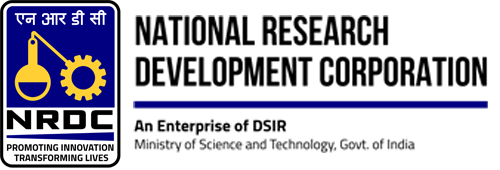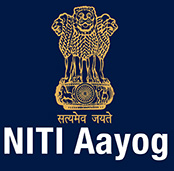| Program Summary | The India-Israel Foundation for Research and Development (I4F) opts to support a leading and disruptive R&D project related to Biological, Physical & Human Integration with Autonomous Systems! I4F promotes and supports technological cooperation projects between Israeli companies and Indian companies. The fund has four programs: a feasibility test, R&D, Pilot, and strategic program track. Unlike the other programs of I4F, the Strategic Program is the only one whose topic is jointly chosen yearly by the board of directors of the fund by the national strategy of the countries. As part of this Strategic Program, I4F would like to receive proposals for groundbreaking projects in the chosen field when the project partners are a company and a research institution from each side (minimum of 4participants). The support for this route can reach a total of about 5M$. The goal for the Strategic Program projects is to start the project from a relatively low TRL (3-4) up to the pilot phase (TRL 7-8) while creating an impact in the field, by combining forces – Industry and Academia – in joint R&D to achieve a significant technological breakthrough. Program highlights: | - | Feasibility | R&D | Pilot |
|---|
| Project Budget | Unlimited | Unlimited | Unlimited | | Grant % of Total Budget | Up to 70% for startups less than 5 years-old | Up to 70% for startups Up to 50% less than 5 years-old | Up to 70% for startups less than 5 years-old | | Maximum Grant | USD$ 100,000 | USD$ 2,500,000 | USD $1,000,000 | | Grant Type | Full grant, no royalty | Conditional grant (5%/year royalty) | 2-Conditional grant (2-5%/year royalty) | | Project Duration | Up to 9 months | Up to 2 years | Up to 1 year | | TRL | 3-4 (pre-R&D) | 5-6 | 7-8 | | Submission | 2 CFPs per year | 2 CFPs per year | 2 CFPs per year | | Participants’ Eligibility | Indian & Israeli companies, subcontractors up to 30% of total budget | Indian & Israeli companies, subcontractors up to 30% of total budget | ndian & Israeli companies, subcontractors up to 30% of total budget | | Sector | All except defense | All except defense | All except defense | | - | Under CFP 13- Feasibility Study, R&D and Pilot Projects might be submitted in all areas except defense but will prioritize the areas of: Agriculture Energy Healthcare Information & Communication Technologies (ICT) Water | | | | For CFP: Budget / Funding scheme | Fund up to US$ 5,000,000 per project or 66% of the total qualified project cost, whichever is lower. Indian Side: Fund up to Feasibility : INR 41,61,500 and R&D: INR 10,39,12,500 and Pilot: INR 4,16,15,000 or 66% of the total qualified project cost whichever is lower | | Criteria (for selection - CFP) | Evaluation Criteria: - High level of Innovation/Novelty High level of Innovation/Novelty
- Potential for Commercialization Success
- Technical and Financial Capabilities
- Commercialization/Marketing Capability
- Complementarity to each country/Company
- Synergy Between Companies, relevant background
- Reliability of the work and budget plan
| | Precondition | A precondition for both programs: - Academia as a subcontractor in the consortium can get up to 30%of the budget (each side)
- Commercial product/technology.
- Companies must be able to fund the supplementary part of their project budget after a grant.
| | Application Process | The Indian partner is required to submit I4F application forms to DST/TDB websites through an online system at https://tdb.gov.in The Israeli partner is required to submit I4F application forms in accordance with the Israel Innovation Authority regulations, through the official Israel Innovation Authority website's https://my.innovationisrael.org.il/ Please note! - 1. The Israeli company needs to register to the IIA system (companies that applied for the IIA’s support before, using the same user) and upload the proposal.
- 2. It is recommended to submit the proposal ASAP. Please do not wait for the last minute. I4F will accept only proposals that were submitted on time.I4F won’t be able to accept proposals submitted later than the deadline as above.
- 3. Please make sure that both partners successfully submitted the proposal on both platforms! I4F won’t be able to accept proposals that were submitted only on one platform.
| | Relevant Technology sectors | Examples of relevant technology sectors (but not limited to the following) : Biotech, space, robotics, Agri-tech, smart transportation, smart cities, Climate-tech, Industry 4.0, care for the disabled, etc. | | Relevant Authority Division | International Collaborations Division | | Mail for contacts / questions / more information: Name / Position / Division / Telephone / email | If you already having a project idea, and are looking for partners, or you are interested in participating in a project proposal, given your expertise in the field, but haven’t yet formed a project idea or proposal, then please visit the I4F website: https://i4f.org/ |
|










